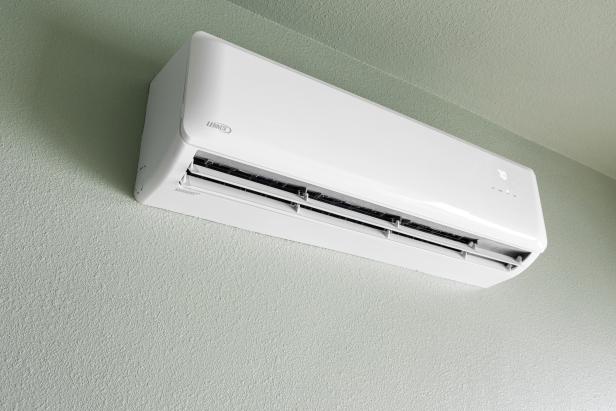Every Las Vegas, NV, company depends on an active HVAC procedure to maintain comfortable temperatures for customers and employees. Whether you are an owner of a retail shop, office, or other commercial property, you require a trustworthy HVAC service contractor who can fix things when things go wrong.
When you need an emergency repair or routine appliance maintenance, a genuine HVAC contractor’s team helps maintain your business operating smoothly. You can select an HVAC service provider based on their on-time arrivals, exclusive customer service, and outcomes that ensure your satisfaction. For further information, visit https://32degreeslv.com/commercial-hvac-las-vegas/.
When Do You Need An HVAC Contractor For Servicing?
- Leaking: if your appliances leak fluid that can sometimes be toxic or flammable, at that time, you need services.
- Squawking Noises: Buzzing, Rattling, or scouring sounds from your appliances could mean a loosened or frayed component.
- Poor execution: Insufficient airflow, fluctuating temperatures, or more extended run times indicate a faulty system. You need to contact the service provider to organize a diagnostic appointment.
- Inadequate indoor air quality: dusty conditions, Stuffy or foul odors may originate from dirty ductwork or ineffective filtration systems.
- Boosted utility bills: A defective HVAC system may be the main problem if you have detected a sudden rise in energy costs.
To solve these problems, you require an efficient and reasonable HVAC service provider who can fix all the issues related to your faulty appliances.
The Benefits of Professional HVAC Maintenance
Most business owners do not give their HVAC system a second chance—until it fails. When you maintain your appliances in perfect condition all year long, you will enjoy the following:
-
- Higher fuel efficiency: Your HVAC system requires regular clean-ups and maintenance to function at its finest to maintain the same level of execution.
- Comfortable indoor amenity: well-calibrated thermostats, clean filters, and airflow allow better indoor comfort by balancing humidity and temperature in your space.
- Lower risk of damage: Instead of depending on emergency repairs, you can avoid most breakdowns with regular maintenance to identify any minor problem.
- Extend equipment longevity: Your HVAC system will stay longer when you take care of it.
Conclusion
Suppose you want to know more about cost-effective supervision explanations. Contact a reliable HVAC service provider who will discuss your requirements, evaluate your commercial space, and assist you in creating a customized strategy that suits your schedule and budget.


